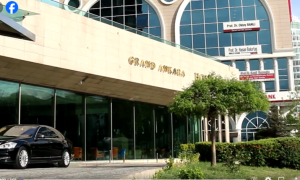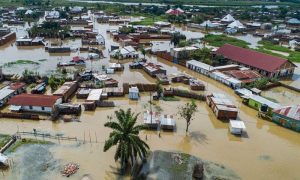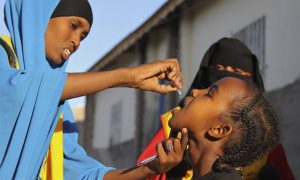
Gardaful | QOL | November 6, 2019 - Local fishermen in Bargal district near Cape Guardafui in the autonomous Puntland state of Somalia, have complained strongly about the escalation of illegal fishing on their coasts. Yusuf Salad abdurahman, speaking on behalf of local fishermen, told local media that residents of Guardafui Regions are suffering from foreign illegal fishing trawlers that cut and shovel nets and fishing gear belong to local people. He added that local fishermen avoided the places of foreign trawlers, but this time they crossed the border and became close to the coastal cities and villages and reached the edge of the coasts and became threatening local fishermen to destroy their equipment and cut their nets, regardless of the physical danger to some fishermen trying to get away from them, in addition to the Economic Effect when replacing a single net which costs an income of one month or more. Many of these vessels are believed to be exploiting Somalia’s fisheries illegally. Offenses include fishing without a license, Fishing in areas reserved for artisanal fishing , using banned fishing gear that is destructive to the fisheries sector, catching beyond limits, or catching protected species. Even licensed vessels regularly do not report catches as required. Those that do often under report their actual intake. These problems are exacerbated by inadequate monitoring and surveillance efforts to insufficient monitoring and supervision efforts by the fisheries ministry in Puntland and Somalia, as well as collusion between foreign fishing companies and ministries responsible for regulating fishing in the country. Sometimes political leaders in power have direct financial interests in joint ventures with foreign fishing companies Fishing agreements are frequently opaque keeping basic information from public view, such as who is allowed to fish, how much they pay, and what they catch. The problem of unauthorized fishing has become a dilemma and has reached enormous levels for countries experiencing armed conflict, where fishing authorities barely operate. The coast of Somalia is a breeding ground for dozens of ships owned by Yemeni, Iranian, Korean, Chinese and European companies fishing without permission, where there is an absence of an effective central licensing system in the past three decades in Somalia Finally ,The situation in the coastal areas of Puntland and somalia is now difficult , with large groups of local fishermen reluctant to continue their profession, which they have literally worked on and inherited from their ancestors. The situation may foreshadow something else or may be it is the lull before the storm._____________________________________________________________________________________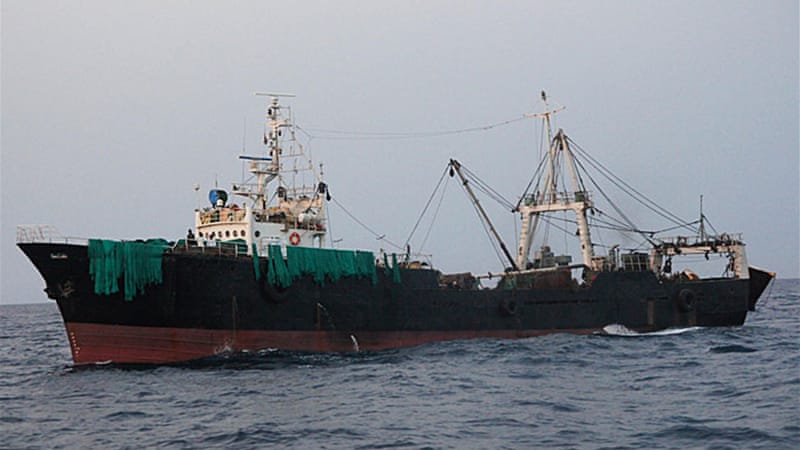
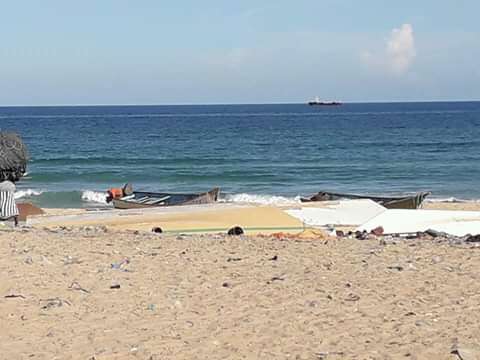
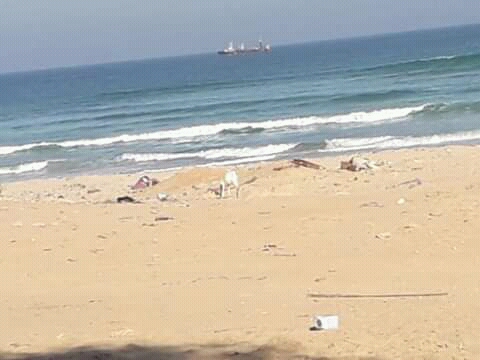
. . . . Mohamed Ibrahim Ahmed Freelance Journalist/Writer Baargaal Guardafui ________________________________________________________
Xafiiska Wararka Qaranimo Online | Mogadishu, Somalia
_____________________________________________________________________________________Advertisement
_____________________________________________________________________________________


